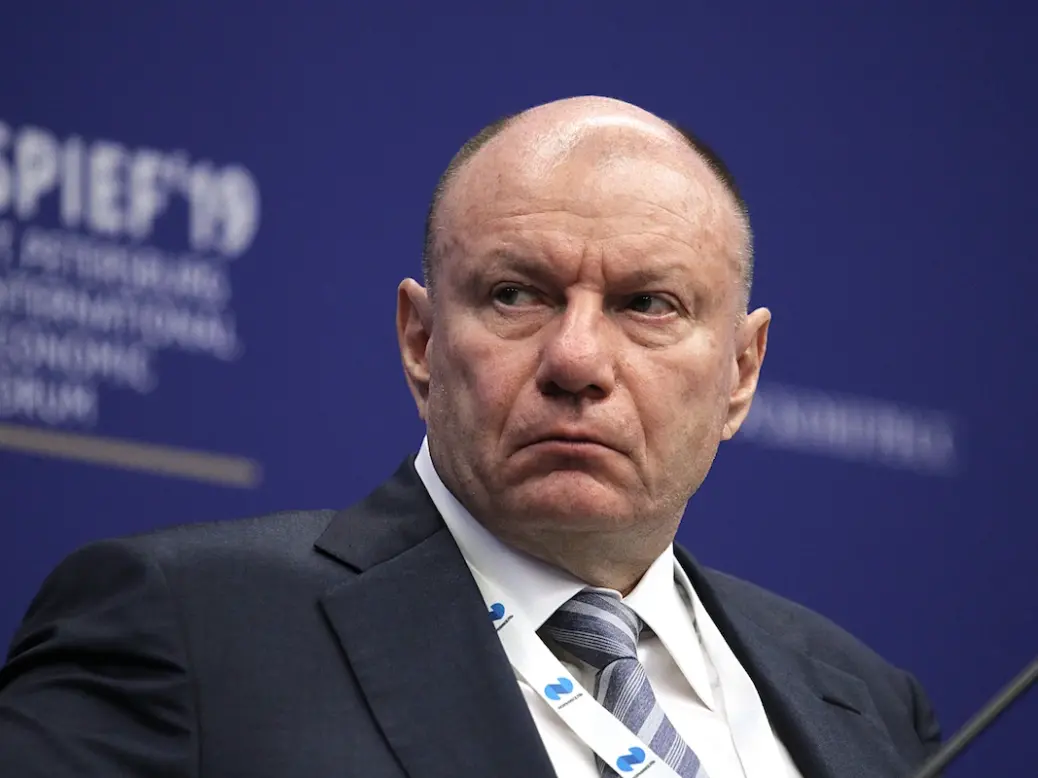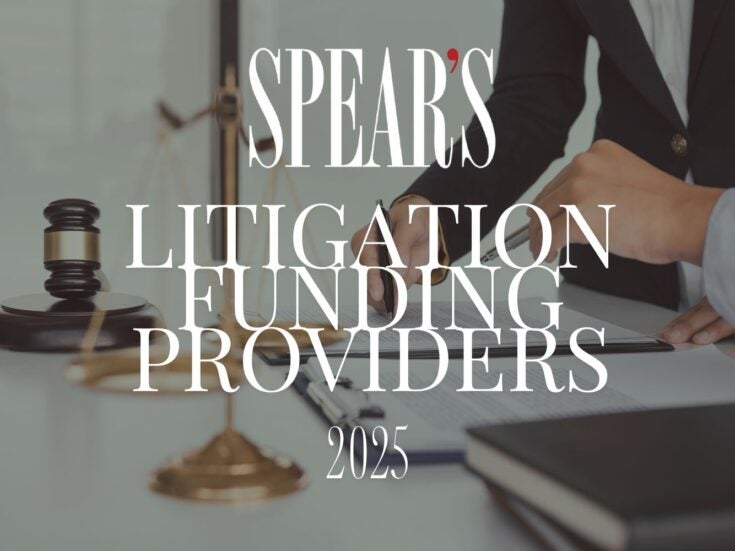
The judgment handed down today by the Supreme Court in Potanina v Potanin has ‘narrowed the window for divorce tourists’ in London, according to experts in the field.
The case centred on whether Natalia Potanina should be allowed to bring a $6 billion claim for financial relief against her former husband, the sanctioned Russian billionaire Vladimir Potanin, in the English courts, despite having already litigated widely in Russia.
It shone a spotlight on London’s status as the high-end divorce centre of the world, favourable to divorcing wives (usually) in a way not seen in many other jurisdictions.
Mr Potanin was successfully represented by a team from Payne Hicks Beach comprising Baroness Shackleton of Belgravia, Nick Manners, Camellia Buckmaster and Marina Fitzalan-Howard, who said the ‘landmark victory’ will have a ‘long-lasting impact’ on family law.
Specifically, it will achieve a substantial change for those seeking to bring applications for financial relief following an overseas divorce under Part III of the Matrimonial and Family Proceedings Act 1984.
Sending a warning shot
Baroness Shackleton commented: ‘I am delighted, and grateful to the Supreme Court for its careful analysis of how this troubling practice had developed in family law and for putting it right. The judge at first instance wished to change his mind having heard from both parties and I am pleased that he has been vindicated for doing so. Divorce tourists will now have their claims subject to fair and robust scrutiny before being granted leave in this jurisdiction. It is long overdue.’
The sentiment was echoed by Peter Burgess, partner at Burgess Mee Family Law, who noted: ‘Mr Potanin’s successful appeal to the Supreme Court brings an end to almost 10 years of litigation between billionaire Russians who had no connection to this country until after their divorce in Russia.
‘In its long-awaited judgment, the Supreme Court has narrowed the window for divorce tourists by allowing their spouse the chance to be heard at an early stage and for the court to look at the application afresh without the need for a knockout blow or compelling reason.
‘The Supreme Court considered the right of both parties to be heard as a matter of procedural fairness which has been overlooked until now. It remains possible to apply to the English courts for a “second bite of the financial cherry” but this can now be challenged at a much earlier stage.’
Jennifer Dickson, partner in the divorce and family team at Withers, said the judgment ‘sent a warning shot’ to those divorced overseas who ‘want to try their hand in the English family court’.
She added: ‘The forum shopping floodgates to London were partly closed this morning. From hereon, judges must now give the financially stronger party a proper chance to object to those arguments.’
21 years of marriage, 10 years of litigation
Mr Potanin and Mrs Potanina lived in Russia throughout their 21-year marriage. Mr Potanin benefitted from the opportunities created by Russia’s transition to a market economy in the 1990s and amassed a fortune of some $20 billion. They divorced in Russia in 2014 and, at the end of lengthy Russian financial remedies proceedings, Mrs Potanina was awarded somewhere between $40 million and $100 million, plus the $70 million of assets her husband had transferred to her during the marriage.
Mrs Potanina claimed her award was a mere gesture in comparison to the total matrimonial assets. She said Russian courts do not recognise separate legal and beneficial ownership and, therefore, ignored the bulk of the wealth held in various trusts and corporate vehicles set up by Mr Potanin during the marriage.
Writing for Spear’s, Charles Hale KC, a family barrister at 4PB, explained why Mrs Potanina sought the support of English courts: ‘The English court system allows a party who feels they have not been sufficiently provided for in their foreign divorce award to try and bring further proceedings for financial provision, provided they can successfully argue the English court has jurisdiction to hear the argument.
‘There is a filter mechanism – a spouse must have the court’s permission before being allowed to proceed with litigation. That permission depends upon satisfying the court that, among other things, there is a significant or substantial connection to this country of the litigating spouse.’
When should an English court give permission?
That was central to the Supreme Court appeal. When should an English court give that permission?
Mr Justice Cohen initially granted Mrs Potanina permission in January 2019 at a hearing of which Mr Potanin was not given notice – and at which he was not even represented. But Mrs Potanina had a duty to tell the court the whole truth. Mr Potanin argued that she had not, and he applied to set aside her case. In his judgment in 2019, Mr Justice Cohen reversed his earlier decision, holding that he had been unintentionally misled about the facts of the case and by Russian law.
He found that Mrs Potanina’s background and married life were, ‘firmly fixed’ in Russia and that she was seeking to take advantage of the English courts’ more generous approach, inappropriately. He accepted the submission on behalf of Mr Potanin that ‘if this claim is allowed to proceed then there is effectively no limit to divorce tourism’. This was forum shopping on a grand scale.
The Court of Appeal, however, did not agree and reversed that decision in May 2021, allowing Mrs Potanina’s appeal from Mr Justice Cohen’s second decision.
In a majority ruling today, the Supreme Court ruled in Mr Potanin’s favour and concluded that the Court of Appeal’s stance on an earlier procedural issue was ‘wrong in law’.
However case has now been sent back to the back to the Court of Appeal to consider other legal issues that have yet to be resolved.







